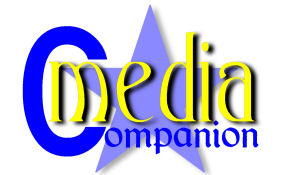cerberus
VIP

Posts : 409
Join date : 2011-06-10
 |  Subject: French engraver Subject: French engraver  Thu Jun 16, 2011 12:06 pm Thu Jun 16, 2011 12:06 pm | |
| Evening was engraved by Bernard Baron, a French engraver who was living in London,[8] and, although the designs are Hogarth's it is not known whether he engraved any of the four plates himself. The prints, along with a fifth picture, Strolling Actresses Dressing in a Barn from 1738, were sold by subscription for one guinea (£157.00 in 2011), half payable on ordering and half on delivery. After subscription the price rose to five shillings per print (£37.00 in 2011), making the five print set four shillings dearer overall.[9] Although Strolling Actresses Dressing in a Barn was not directly connected to the other prints, it seems that Hogarth always envisaged selling the five prints together, adding the Strolling Actresses as a complementary theme just as he had added Southwark Fair to the subscription for The Rake's Progress. Whereas the characters in Four Times play their roles without being conscious of acting, the company of Strolling Actresses are fully aware of the differences between the reality of their lives and the roles they are set to play. Representations of Aurora and Diana also appear in both.[1][4] Hogarth advertised the prints for sale in May 1737, again in January 1738, and finally announced the plates were ready on 26 April 1738.[4] The paintings were sold individually at an auction on 25 January 1745, along with the original paintings for A Harlot's Progress, A Rake's Progress and Strolling Actresses Dressing in a Barn.[10] Sir William Heathcote purchased Morning and Night for 20 guineas and £20 6s respectively (£ 3,100 and £ 3,000 in 2011), and the Duke of Ancaster bought Noon for £38 17s (£ 5,700 in 2011)) and Evening for £39 18s (£ 5,900 in 2011). A further preliminary sketch for Morning with some differences to the final painting was sold in a later auction for £21 (£ 3,100 in 2011).[11] hdd data recoveryforum link building review | |
|
